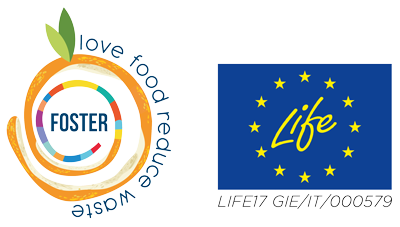INSIGHT: THE COST OF FOOD WASTE IN EUROPE
The world is throwing away a massive amount of food, and the situation in Europe is no different. This introduces many concerns at different levels, such as the ethical concern of throwing away food as well as its environmental impact. This time round we are highlighting the economic concern of food waste and loss.
A 2016 report by the EU FUSIONS project estimated that we are throwing away roughly 88 million tonnes of food in Europe every year. Translated into financial terms, this waste is costing EU member states around 143 billion Euros annually. Here we must not only consider the actual cost of buying the food, but we also have to factor in the amount of resources (water, energy and time) that went into producing the food, transporting it, and even disposing of the food when it is thrown away.
Needless to say, reducing food waste is not a simple issue. EU statistics show that food waste and loss is generated by multiple different actors, with households generating the largest share, standing at around 42% of all food waste in Europe. However, the food service sector also contributes a considerable 14%.
This now comes in the context of a pandemic which has threatened food supplies across the world and has put great pressure on the income of businesses and families. The latter highlights even more clearly the importance of reducing food waste and its associated costs. This would require a concerted effort from all actors involved; from food producers, manufacturers and processors, to households and consumers.
The EU LIFE FOSTER project is doing its part to help reduce food waste and loss by training lecturers and students in VET centres specialising in food service and by reaching out to professionals working in the food service sector. If you’d like to get in touch or learn more about LIFE FOSTER, contact us on info@lifefoster.eu.


